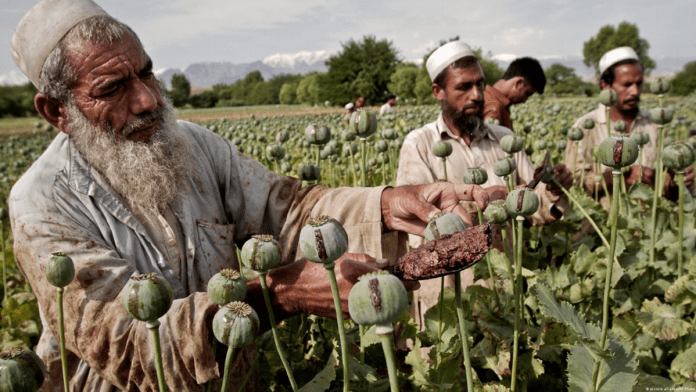News in brief: An Australian consultant, Andrew Philip, is aiding Afghan farmers in transitioning from poppy cultivation to legal and viable alternative crops.
An Australian agricultural consultant is helping Afghan farmers find alternative crops to poppy production which are viable and legal.
According to the report, they are turning to Andrew Philip from Darwin, has been working on various projects in Afghanistan for the past 10 years. His latest research project, centered around poppies, is funded by the United States Bureau of International Narcotics and Law Enforcement Affairs (INL).
Philip said it is part of his job to help farmers find alternatives, that can actually offer a similar rate of return. He notes that poppy is against the Talibanâs ideology and there have been efforts to eradicate production which has stopped more than 90% of its districts from growing them in 2023.
Afghanistan is known for being a major global producer of opium poppies. A report, quoting the United Nations (UN), estimate that Afghan farmers make about $2.2 billion profit in opium sales.
The countryâs ruling Taliban government’s ban on trade and sales of the crop has resulted in higher prices for opium. Many farmers consider braving the risks due to the potential huge returns.
The UN Office on Drugs and Crime estimates that Afghan farmers made $1.4 billion from opium sales in 2022 and they supply 80% of global opium and heroin supply.
Philip admitted that there was not one single crop that can replace poppies, but assures that there are many ways to help Afghan farmers remain profitable. He said that his programme is assisting farmers with orchard developments like planting of pistachios, pomegranates, pears, apples, persimmons and stone fruits.â
The consultant added that the cotton sector showed promising gains too in view of rising prices of the commodity.
According to him, these were real market alternatives to poppies and there is a range of high-value, successful export industries such as raisins, specialty almonds, pine nuts, saffron and cumin.



